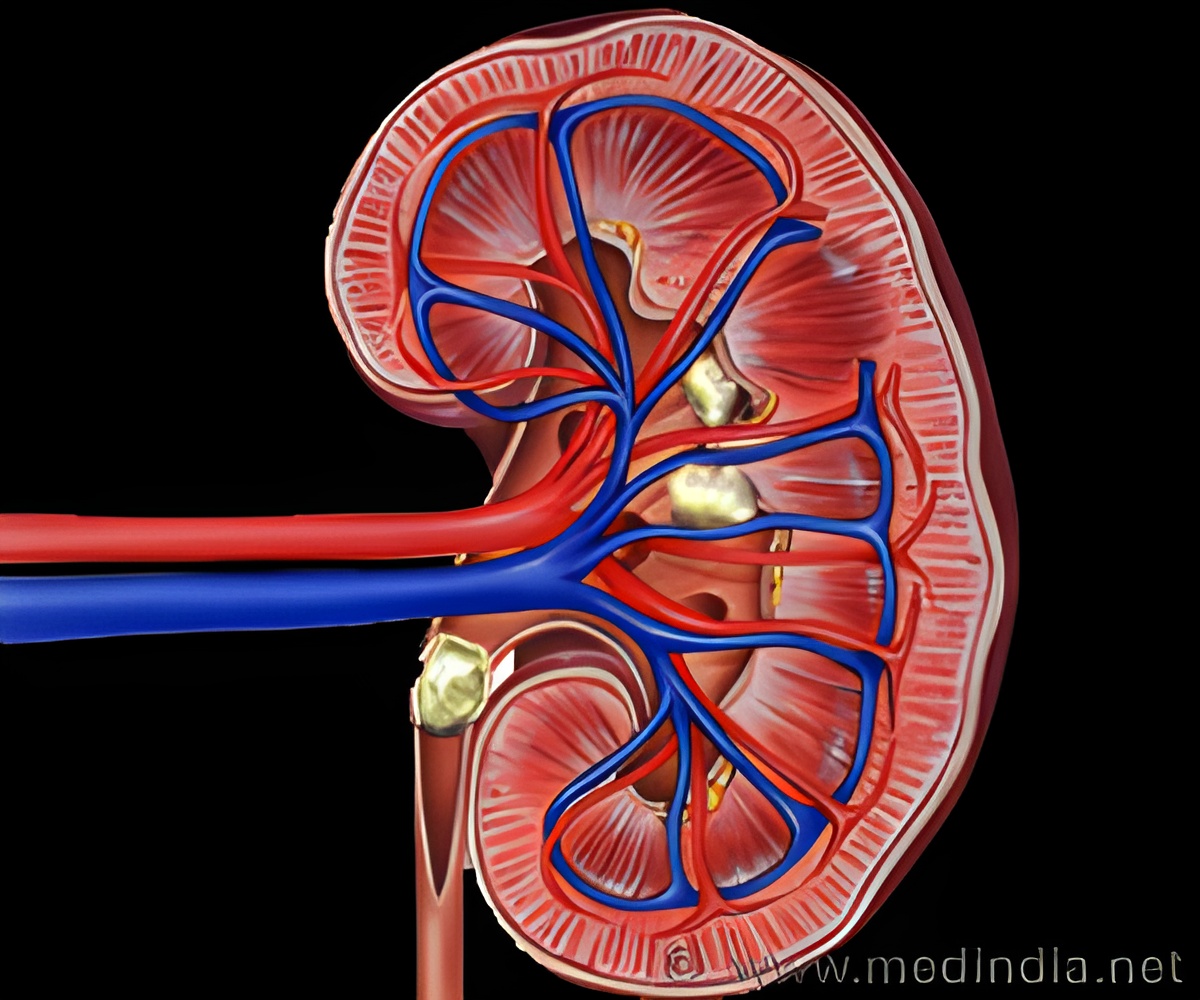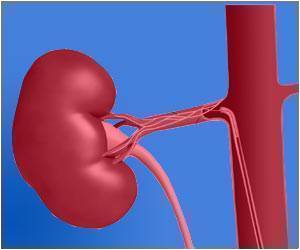Researchers at Duke Medicine claims that despite their overall low risk, procedures to treat kidney stones lead to complications that require hospitalization or emergency care for one in seven patients.

"Our findings provide a good starting point to understand why these complications are happening and how they can be prevented, because the costs to patients who suffer complications and to the health care system are substantial," said lead author Charles D. Scales Jr., M.D., assistant professor of surgery at Duke.
Scales and colleagues, publishing April 28, 2014, in the journal Surgery, analyzed the outcomes of more than 93,000 privately insured patients who underwent treatment for kidney stones. Procedures included shock wave lithotripsy, ureteroscopy or percutaneous nephrolithotomy – the main interventions generating an estimated $10 billion annual tab for kidney stone disease in the United States.
The researchers included emergency department visits or hospital admissions within 30 days of the original procedure – a longer window of observation than had previously been studied.
According to the analysis, patients who had their surgery at hospitals that did high volumes of the procedure were much less likely to have complications.
When complications occurred, they were least common following shock wave lithotripsy, affecting 12 percent of patients. Those treated with ureteroscopy, the second most common procedure, had slightly more unplanned visits, with 15 percent of patients. Shock wave lithotripsy, however, had the higher costs associated with the emergency visits, at more than $32,000.
Advertisement
Scales said further research is needed to understand why the different procedures resulted in different complication rates and costs, but noted that patients may be unprepared for complications arising from minimally invasive treatments.
Scales said the public policy implications are also important, particularly in the current environment in which health costs are increasingly scrutinized.
"Reducing unplanned emergency visits and hospitalizations associated with kidney stone treatments could result in significant cost savings if the causes can be identified and addressed," Scales said.
He said understanding why complications occur and how they can be avoided will be important next steps.
Source-Eurekalert














